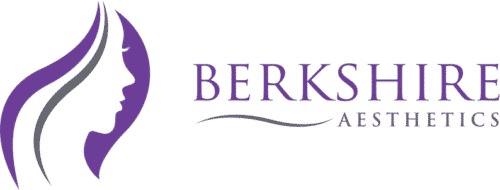Dr Selena Langdon
4 July 2020
As the world adjusts to life following the first peak of the pandemic and facilities begin to re-open, how do you stay safe during these uncertain times? Many have had to wait several months before they can see their medical practitioner for Aesthetic procedures, but how do we navigate the “new normal” and apply social distancing measures in this setting? Although we might have come through the worst part of this global crisis, it is still extremely important that we do everything we can to limit any further spread of this infection.
It is important to look at the provisions a practice has put in place to safeguard patients when they attend a clinic. Things to consider would include:
- What safety checks do they have in place? Did the practice contact you prior to your appointment to inform you of any new policies in place?
- Have they confirmed your recent travel history?
- Have they checked your temperature or confirmed if you have any medical symptoms possibly related to Covid-19 or whether you have had Coronavirus?
- Do they ask you to wash your hands on entering the building?
- Have they provided easy access to hand sanitiser? Are signs in place to enforce hand hygiene?
- Are they able to apply social distancing within the practice? Is the building large enough?
- Can they keep patients to a minimum to reduce footfall? Are they prioritising certain patients and reducing unnecessary appointments?
- Are they limiting the number of staff in communal areas?
- Have they offered virtual consultations where possible?
- Are you able to remain 2 meters apart from other patients? Have barriers been put in place?
- Are the staff wearing PPE (Personal Protective Equipment) and utilising it appropriately? Is it being changed when necessary?
- What cleaning policy do they have in place in between each patient? Are frequently touched surfaces repeatedly cleaned?
- Are they using disposable sheets and fresh linen for each patient?
- Do they launder all items frequently?
- Have all non-necessary items (e.g. magazines) been removed from communal areas to limit contamination?
- Is the practice limiting non-patient visitors (e.g. friends, children, or relatives)?
- Are they using non-contact methods for payment (e.g. Contactless)?
It is worth noting that practices that have registered with the CQC (Care Quality Commission) are strictly regulated and must adhere to stringent guidelines. Those that are CQC registered might also be able to offer Covid-19 antibody testing in accordance with PHE (Public Health England) standards.
The suggestions above should help practices demonstrate that they are doing all that they can to protect their patients during these difficult times.
